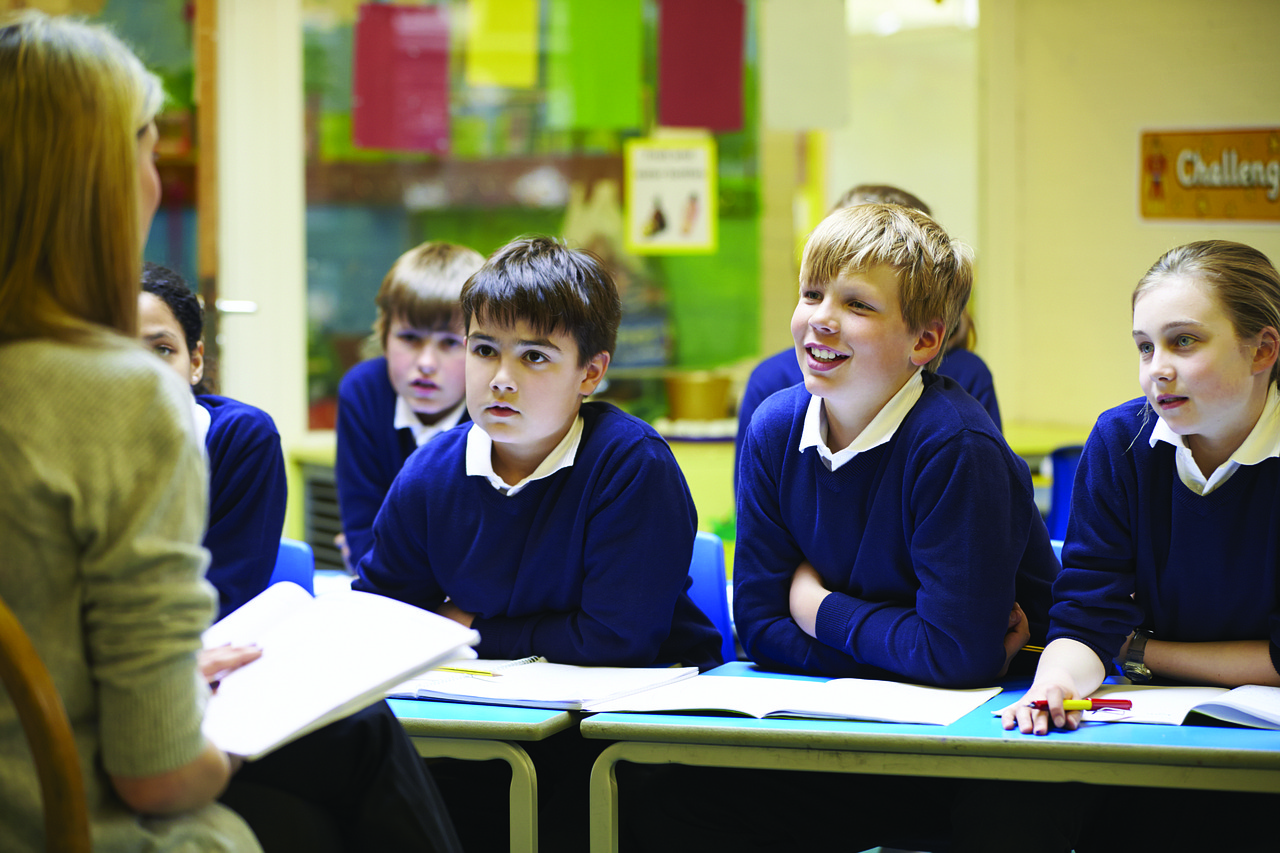Visit to Dublin by Secretary General of the Council of Europe, Ms Marija Pejčinović Burić
The Council of Europe is considered the continent’s leading human rights body organisation and is the home of the European Court of Human Rights
._Arrivals_Marija_Pejčinović_Burić_(36911937772).jpg)
Estimated reading time: 5 minutes
The Secretary General of the Council of Europe, Ms Marija Pejčinović Burić today visited Dublin to meet the Minister for Foreign Affairs Simon Coveney and Minister for Children, Equality, Disability, Integration and Youth, Roderic O’Gorman ahead of Ireland assuming the Presidency of the Council’s Committee of Ministers on 20 May. Separately, the Secretary General met with Minister for European Affairs, Thomas Byrne, and with Minister for Justice, Helen McEntee.
Speaking after his meeting with the Secretary General, Minister Coveney said:
"While a lot has changed since Ireland last held the Council of Europe’s Presidency in 2000, our commitment to human rights remains as firm as ever. The Russian Federation's aggression against Ukraine has brought the founding principle of the Council of Europe - "that the pursuit of peace based upon justice and international cooperation is vital for the preservation of human society and civilisation" - into sharp relief. Working with Secretary General Burić, our Presidency will ensure the Council of Europe plays its part in responding to the conflict, protecting the human rights of Ukrainians and other European citizens, while holding Russia to account."
Minister O'Gorman said:
"In the wake of Russia’s invasion of Ukraine, the role of the Council of Europe in the protection and promotion of human rights and democracy is more important than ever. The Council’s recently launched Strategy for the Rights of the Child (2022–2027) reinforces our collective efforts to put children and young people at the centre of the Council’s work. Our presidency will demonstrate Ireland’s strong record in defending human rights and our leadership in participatory democracy and hearing the voices of children and young people. At this critical time in European history, we must continue to promote the values of participatory democracy and protect our most vulnerable citizens."
Minister Byrne said:
"As one of its 10 founding members, Ireland has not forgotten the key role that membership of the Council of Europe played in shaping our path in Europe.
"This year, as we prepare to mark our 50th anniversary as an EU member state, Ireland holds a seat on the UN Security Council and will now chair the Council of Europe’s Committee of Ministers. As a small country, we depend on the international rules-based order and the multilateral system. The Council of Europe sits at the heart of that system. At a time of crisis on our continent, we look forward to leading it in its vital work."
Following her meeting with Secretary General Burić, Minister McEntee said:
"For over 70 years the Council of Europe has played a pivotal role in upholding the rule of law, promoting democracy and protecting the rights of the most vulnerable in Europe. In the context of the current humanitarian crisis in Ukraine, our democratic European neighbour, the values of the Council of Europe, and particularly the protection of the most vulnerable, are more important than ever.
"Today, Secretary Burić and I discussed domestic, sexual and gender based violence, including its increased prevalence during the COVID-19 pandemic and against the backdrop of appalling reports of the use of sexual violence against women and children as a war crime in Ukraine. As part of Ireland’s Presidency, I will chair a meeting of Council of Europe Justice Ministers in Dublin in September to explore ways to combat domestic, sexual and gender-based violence in all its forms."
Under the European Convention on Human Rights, its 46 member states, including Ukraine, the UK, and Turkey, as well as all of the EU27, are committed to protecting human rights, democracy, and the rule of law.
Ireland was one of the Council of Europe’s ten founding members and will be assuming the Presidency for a seventh time, having last held it in 2000. Over a six-month term, Ireland will support the work of the Council as it adjusts to the expulsion of the Russian Federation and strengthens support for Ukraine.
Source: Department of Foreign Affairs
What's Your Reaction?
























